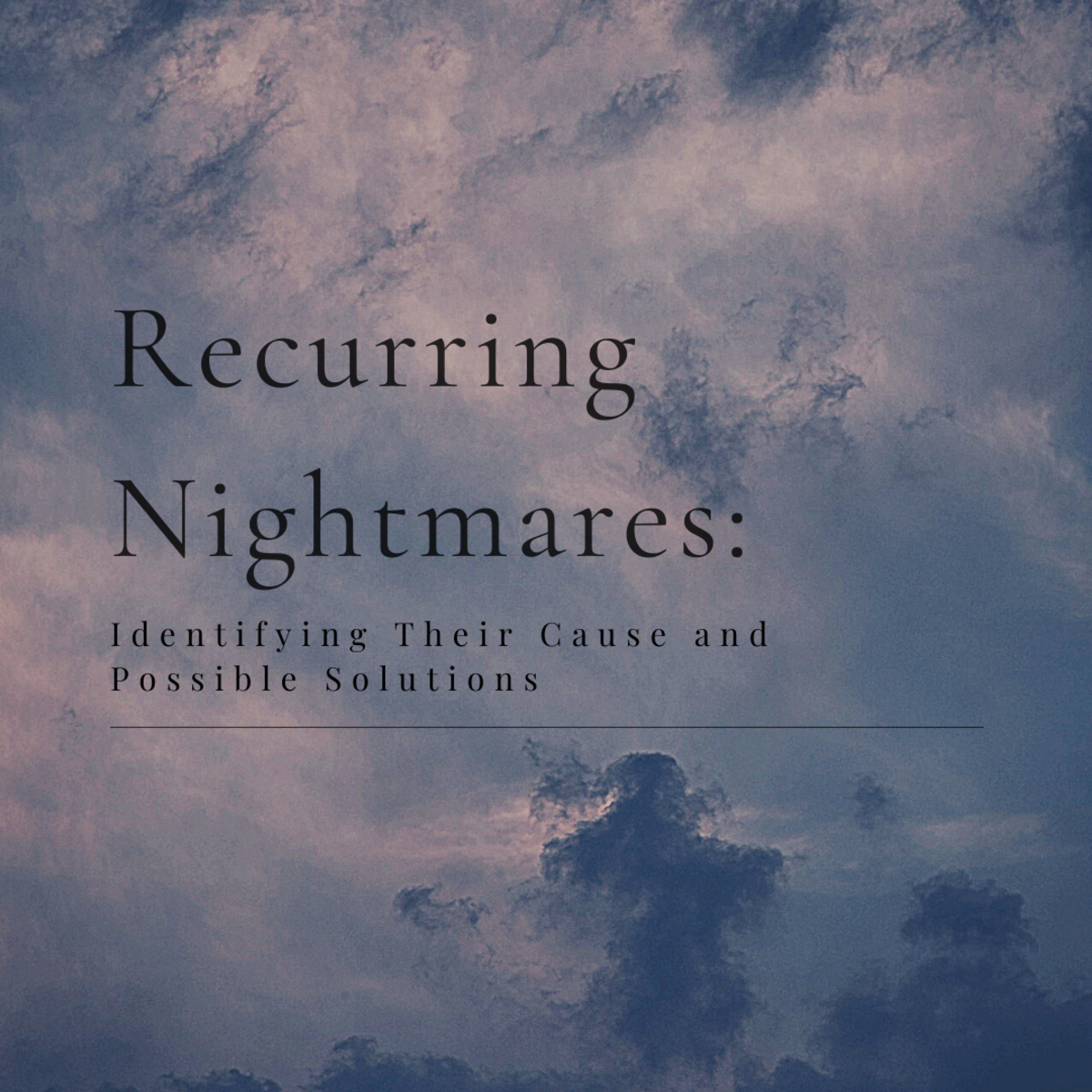types of dreams
Daydreams
Studies show that we all tend to daydream about 70-120 minutes a day. It occurs during our waking hours and we let our imagination carry us away. Not a lot of emphasis seems to be placed in our daydreams as they're often thought to be fleeting thoughts. The content is helpful in understanding your true feelings and help in fulfilling your goals.
Lucid dreams
This occurs when you realize you're dreaming. "Wait a minute. This is only a dream!" Most dreamers tend to wake up once they find out that it's a dream while others have cultivated the skill to remain in the lucid state of dreaming.
Lucid dreaming gives us the ability to control our dreams and steer them towards the direction we want. It can help us to rehearse the events before it actually occurs. At least half of the adults have had a lucid dream in their lives. Many have even reported that they had lucid dreams without even trying. Often flying is linked with lucid dreams.
Nightmares
Many of you most probably had this already. This is a disturbing dream that causes you to wake up feeling anxious and frightened. Nightmares may be a response to real life trauma experienced. They may also occur due to us refusing a particular life situation. Nightmares are an indication of fear that needs to be confronted.
Because of its frightening or disturbing content, you tend to remember nightmares. They have a bigger impact on you. One of the reasons for nightmares is that it might be a way of our subconscious telling us to take control of the situation in life that you are ignoring.
Recurring dreams
They repeat themselves with little variation in story. They may be positive but often, they're nightmarish in content. Dreams may recur as a conflict in the dream might not be resolved. Once you have found a solution to it, your recurring dreams will stop.
Other dreams may have a message for you but you tend to forget it. But with recurring dreams, the message might be so strong that it just will not go away. (I have had this happen to me but back to the topic. J)
These dreams are so frequent that they cause you to take notice. It's desperately trying to tell you something. These dreams are common and might be caused by a life situation or problem. They may recur frequently but there's little variation to the story. It usually points to a personal weakness or fear in your life, be it past or present.
Here are some tips in overcoming them:
- You must be willing to accept some sort of change or go through some transformation.
- You must be willing to look within yourself no matter how difficult it may be.
- Look at the dream from an objective point of view.
- Be patient. Don't be discouraged even after you have thought that you have understood it.
- Learn to accept yourself truly and fully.
Often, once you discover your dream's message, they will simply stop recurring.
Healing dreams
Many experts believe that dreams can help avoid potential health problems and help to heal. Dreams of this nature might be telling us to go to the dentist or doctor. They serve as messages in regards to our health.
Prophetic dreams
From its name, you're most probably able to deduce that these seemingly foretell the future. One logical theory to this is that our dreaming minds put together bits of missing pieces that we miss out or do not consider. In other, our unconscious mind knows what's coming before we consciously put together the same information.
Epic dreams
They're so compelling and vivid that it's hard to ignore them. The details of such dreams remain with you for years as if you dreamt it last night. When you wake up from such a dream, you feel like you have discovered something amazing about yourself or the world. It'll feel like a life changing experience. (I've had this too. J)
Facts of dreams
- 1. One third of your life is spent sleeping.
- 2. Everybody dreams. Just because you don't remember your dream doesn't mean that you don't dream.
- 3. A lack of dream activity can mean protein deficiency or personal disorder.
- 4. We often have 4-7 dreams in one night. We dream for about one to two hours.
- 5. Blind people do dream. Visual images in their dream depend on whether they became blind at birth or later in life. Dreams can be based on other sense such as sound and smell too.
- 6. Men tend to dream more about other men while women dream equally about men and women.
- 7. People who're giving up smoking tend to have longer and more intense dreams.
- 8. Toddlers do not dream about themselves. They do not appear in their own dreams until they are 3 or 4. (my son dreams. Hehe)
- 9. If you're snoring, then you can't be dreaming.
- 10. Nightmares are common in children, beginning at around 3 years old and occurring up to ages 7-8.
- 11. In a poll, 67% of Americans have experienced déjà vu in their dreams, occurring more often in females than males.









